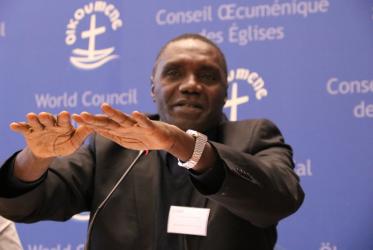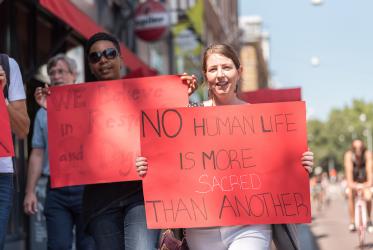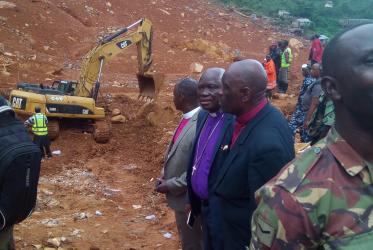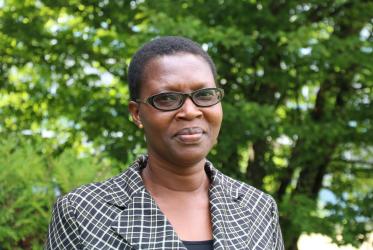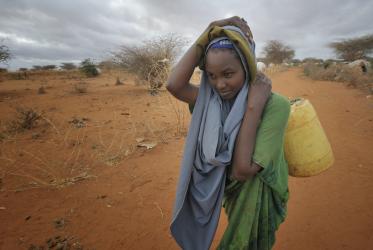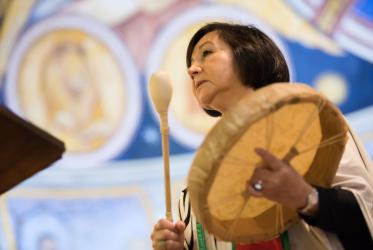Displaying 1 - 20 of 25
Agreement works toward food security in South Sudan
23 February 2019
Pan African Women of Faith issue fervent Call to Action
20 November 2018
WCC executive committee tackles public issues
07 November 2018
WCC supports UN petition from French Polynesia
07 November 2018
WCC greets new leadership of ACT Alliance
31 October 2018
In Zambia, foreign investors complicate “economy of life”
06 September 2017
GEM School: integrating theology and economics
05 September 2017
A communicator on the move
10 July 2017
Seven weeks of Lent highlight water crisis in Africa
01 March 2017
Faith communities explore concrete climate action at COP22
10 November 2016
Advocates urge transition to low-carbon economy, clean energy
09 November 2016
WCC conference explores ecological injustice in Uganda
21 April 2016

